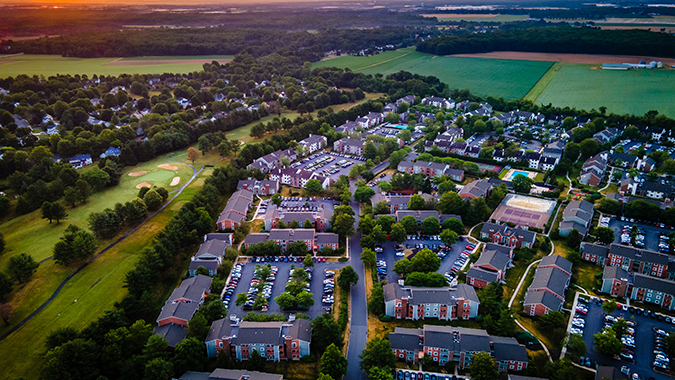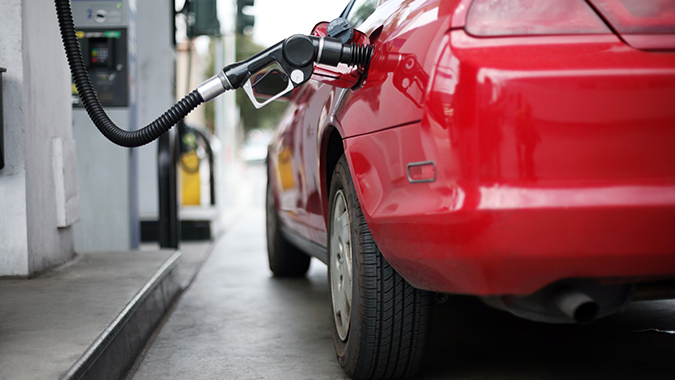Gov. Phil Murphy announced Friday the state is suing the U.S. Federal Highway Administration for green-lighting New York’s congestion pricing toll plan, which will increase pollution and cost New Jersey commuters and businesses thousands of dollars more a year to drive into Manhattan below 60th Street.
Murphy said the FHA failed to fully consider the environmental and health impacts that the New York City Metropolitan Transit Authority’s $1 billion toll plan will have on northern New Jersey communities near the George Washington Bridge. These communities will bear an influx of traffic when New York-bound commuters and delivery trucks use the GW bridge to cross the Hudson River, instead of the Holland and Lincoln tunnels, to avoid the congestion pricing tolls.
“New York’s proposal will prompt toll-shopping where drivers seek circuitous routes to avoid paying the highest tolls, resulting in more traffic and more pollution,” Murphy said at a news conference in Fort Lee with members of New Jersey’s congressional delegation.
“This plan will cause greater traffic and release more chemicals and pollutants in New Jersey, as well as the Bronx, I might add,” Murphy said. However, while the MTA has notably set aside funds to mitigate worsening environmental and health impacts in the Bronx, such as air filtration units near public schools, it has made no such provisions to help New Jersey communities, he said.
“New Jersey will bear the burdens of congestion pricing while New York City gets the benefits, and that is not fair,” Murphy said.
The MTA will use the estimated $1 billion in toll revenue from congestion pricing to fund mass transit improvements in New York City. It received FHA approval in June to move forward with the plan, which will raise tolls in the spring of 2024.
“The MTA shouldn’t be solving their financial crisis and mismanagement on the backs of New Jersey commuters,” Murphy said during an interview on Fox’s “Good Day New York” television broadcast where he first announced the lawsuit prior to the news conference in Fort Lee.
One pricing plan the MTA is considering would cost drivers entering Manhattan south of 60th Street $23 roundtrip each weekday during rush hour and $17 during off-peak hours on top of the high tolls they already pay. Even though the exact tolls have not yet been set, the MTA is moving ahead on preparations to implement them, with contractors installing the first toll gantry on 61st Street in Manhattan early Friday morning.
During his Fort Lee news conference, Murphy fired another salvo across the Hudson River by signing legislation, S-3128/A-4694, which aims to correct inequities caused by New York’s practice of taxing the earnings of New Jersey residents who work remotely for New York employers and are no longer commuting into Manhattan or other parts of the Empire State. NJBIA strongly supported the legislation.
“As remote work arrangements have increased greatly since the pandemic, it is simply unfair for New York to be claiming income taxes from New Jersey-based workers,” NJBIA President & CEO Michele Siekerka said in a statement issued after the bill signing.
“NJBIA agrees with the convenience of the employer test provision of this new law, which allows New Jersey to assess income taxes on non-New Jersey residents who are physically working in the Garden State, just as New York and other states have practiced,” Siekerka said.
NJBIA also hopes New York businesses take advantage of New Jersey’s new pilot program offering grants to move their New Jersey resident employees to office locations in the Garden State so that their wages cannot be taxed by New York.
Go here to read Siekerka’s full statement on the bill signing.
Go here to read statements by Gov. Murphy and members of New Jersey's congressional delegation on the lawsuit.




